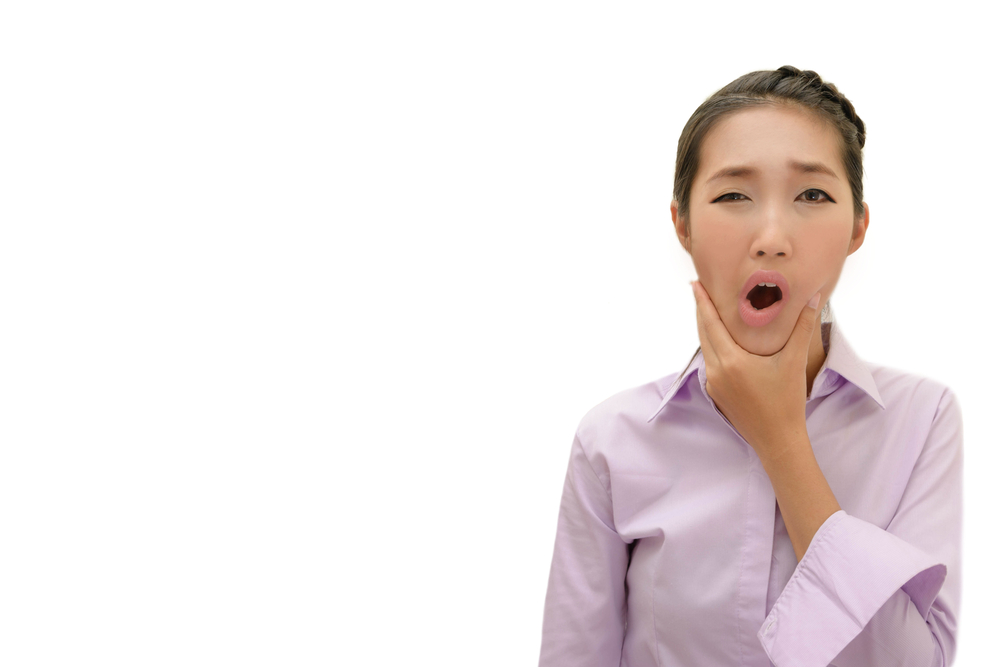One of the main problems with resolving temporomandibular joint (TMJ) pain and vocal dysphonia is that jaw clenching and tongue tension occurs without the person realizing they are doing it during the day and at night. At night you can use a mouth guard/appliance that helps inhibit clenching. However, this is not practical during the day and as you have conscious control of your jaw and tongue while awake, improving awareness of clenching and tongue tension along with improving your balance, proprioception, body control and strength can help your jaw pain and vocal issues.
Reacting to stress can cause jaw clenching and tongue tension during the day but clenching can also occur as a way to compensate for poor balance and body control/proprioception. Research has shown that you can improve balance, stability and strength by utilizing increased tension in the jaw and tongue. For people with TMJ and voice issues, this may hinder treatment progress. This is because if you don’t have good postural control and movement control, even in static positions like sitting or standing, you may utilize clenching your jaw and tongue to facilitate your body stability.
Rehabilitation to improve your balance, proprioception, body control, and breathing efficiency can help reduce jaw clenching, TMJ pain, and voice issues along with manual techniques, relaxation and counselling. Breathing exercises can help with improving balance as the diaphragm is not just a breathing muscle, it is also involved in controlling posture and balance. One of the simplest things you can do to improve your balance is to hum while doing balance work. This helps you use the diaphragm more efficently and allows for faster balance reactions. Professional singers often use humming and singling while balancing on one leg or moving their body to practice efficient diaphragm use while keeping their tongue and TMJ muscles relatively relaxed. This helps to break the habit of tensiong the diaphragm, TMJ muscles and tongue to compensate for overall poor balance and control.
If you are struggling with TMJ pain or recurrent voice issues and have not had your breathing, postural control, balance and proprioception assessed it is worth getting this checked by a physiotherapist with experince in these areas.
References
Alghadir AH, Safar H, Iqbal ZA. Effect of tongue position on postural stability during quiet standing in healthy young males. Somatosensory Motor Research. 2015; 32(3): 183-6.
Alghadir A, Zafar H, Whitney SL, Iqbal Z. Effect of chewing on postural stability during quiet standing in healthy young males. Somatosensory Motor Research. 2015;32(2):72-6.
Ehrlich, Ron; Garlick, David; Ninio, Mark. The effect of jaw clenching on the electromyographic activities on 2 neck and 2 trunk muscles. Journal of Orofacial Pain. Spring 1999, Vol. 13 Issue 2, p115-120.
Ringhof, Stein, Hellmann, Schindler, and Potthast. Effect of Jaw Clenching on Balance Recovery: Dynamic Stability and Lower Extremity Joint Kinematics after Forward Loss of Balance. Frontiers in Psychology. 11 March 2016



